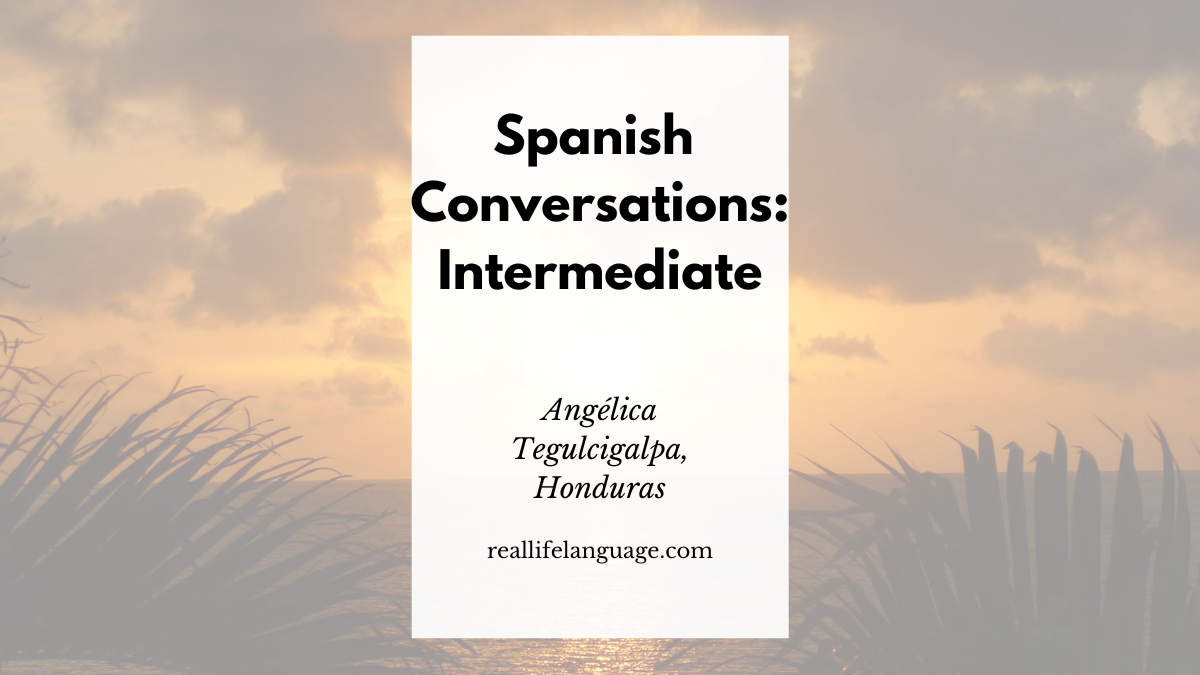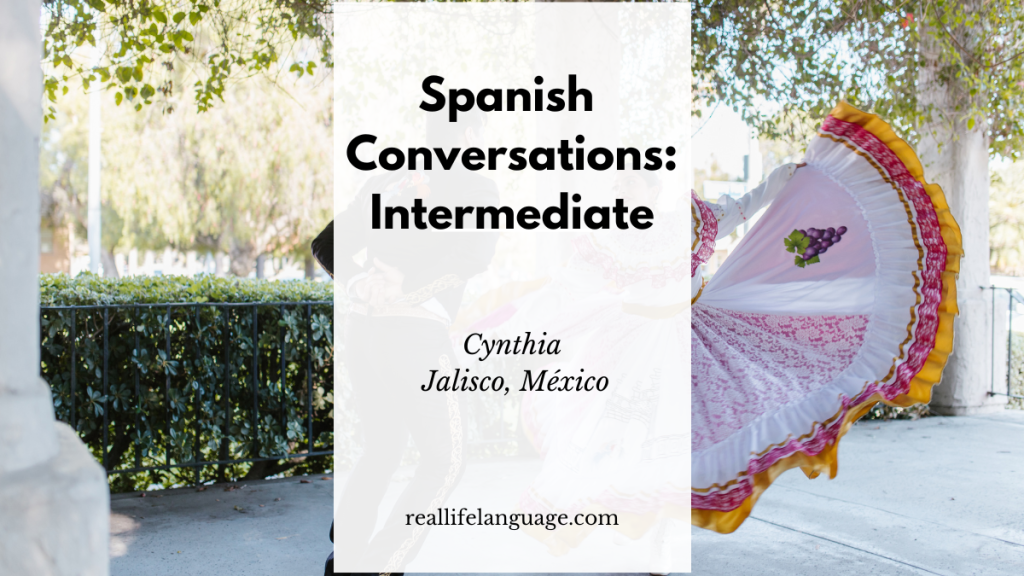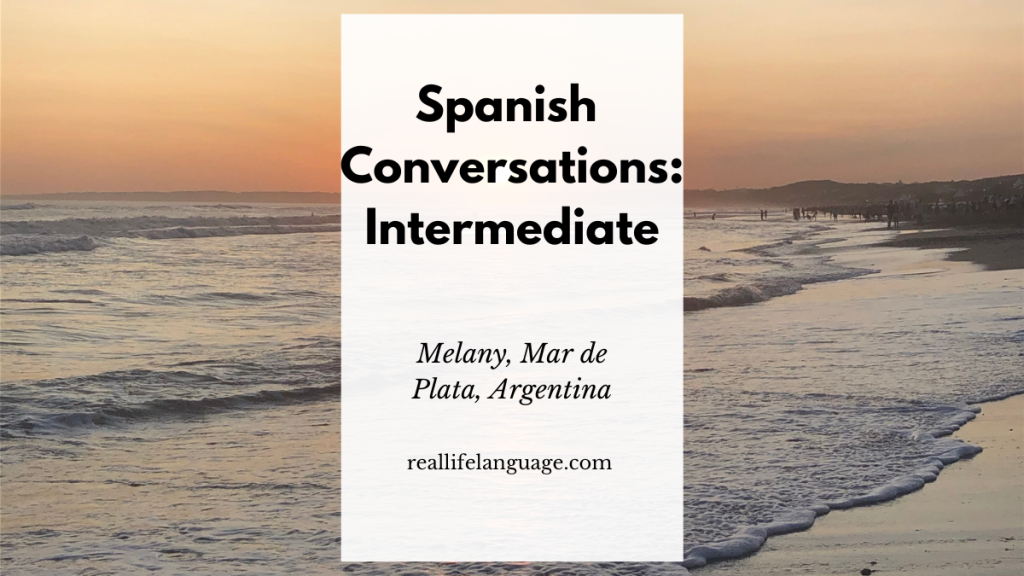
This article adapts an intermediate Spanish conversation with a speaker from Honduras and is designed to help learners improve listening comprehension, vocabulary, and conversational strategies to learn Spanish. It highlights real-life topics — nature, city versus countryside, art and literature, and employment — and provides useful phrases, translations and practice tips for intermediate learners.
Conversation overview
The speaker describes life in Honduras, focusing first on nature: green landscapes, mountains, rivers, beaches and birds like the macaw. The conversation moves on to personal preferences (city versus countryside), the visibility of art and literature locally, and employment challenges in the capital Tegucigalpa and beyond — including how the pandemic has influenced migration and unemployment.
Key vocabulary: nature and environment
These words and phrases appear in the conversation and are useful to learn Spanish vocabulary related to nature.
- verde — green
- montañas — mountains
- ríos — rivers
- playas — beaches
- flora y fauna — flora and fauna
- guacamaya — macaw (colourful parrot)
Example sentence to practice:
“Honduras es un país muy verde; hay montañas, ríos y muchas playas.”
— Honduras is a very green country; there are mountains, rivers and many beaches.
Talking about preferences: city vs countryside
The speaker prefers city life and gives reasons that are useful model phrases for discussing lifestyle choices.
- Prefiero la vida de la ciudad — I prefer city life
- Estoy acostumbrado(a) a… — I am used to…
- Me gusta el ruido / el ritmo de la ciudad — I like the noise / pace of the city
- Puedo durar una semana en el campo — I can last a week in the countryside
Useful practice Q&A:
“¿Prefieres la vida en el campo o en la ciudad?” — “Prefiero la vida en la ciudad porque estoy acostumbrado(a) al ritmo rápido.”
— “Do you prefer life in the countryside or the city?” — “I prefer city life because I am used to the fast pace.”
Art and literature: expressing opinions
The conversation touches on local art and the limited institutional support for artists. These sentences help learners express opinions about culture.
- Hay muchos pintores con buenas reseñas — There are many painters with good reviews
- No se apoya mucho el arte — Art is not supported much
- Hay asociaciones que apoyan la danza, la pintura y la música — There are associations that support dance, painting and music
Opinion phrases to practice:
“Es bueno que poco a poco haya más apoyo para el arte.”
— “It is good that little by little there is more support for the arts.”
Employment and social issues: useful expressions
Employment topics in the conversation include job availability in the capital and the effects of the pandemic. These are key phrases for discussing the economy and social issues in Spanish.
- La capital — the capital
- Es más fácil encontrar trabajo en la capital — It is easier to find work in the capital
- Hay mucha escasez / desempleo — There is a lot of shortage / unemployment
- La pandemia dejó a muchas personas sin trabajo — The pandemic left many people unemployed
- Emigrar — to emigrate
Practice sentence:
“Fuera de Tegucigalpa hay mucha escasez y muchas personas se han visto obligadas a emigrar por la falta de trabajo.”
— “Outside Tegucigalpa there is a lot of shortage and many people have been forced to emigrate due to lack of work.”
Conversation strategies for intermediate learners
To learn Spanish more effectively from real conversations like this one, learners can use these strategies:
- Listen for keywords (nouns and verbs about the topic) and write them down.
- Repeat short sentences aloud to practise pronunciation and rhythm.
- Identify opinion markers: prefiero, me gusta, es bueno que, creo que.
- Transform phrases into questions to prompt conversation: e.g., from “Prefiero la ciudad” to “¿Por qué prefieres la ciudad?”
- Use role-play: one person describes their hometown, the other asks follow-up questions using vocabulary from the lists above.
Common phrases and mini-glossary to learn Spanish
- ¿Cómo es la naturaleza en tu país? — What is nature like in your country?
- ¿Prefieres la vida en el campo o en la ciudad? — Do you prefer life in the countryside or the city?
- ¿Qué opinas del empleo en tu ciudad? — What do you think about employment in your city?
- apoyar — to support
- falta de empleo — lack of employment
Conclusion and next steps
This intermediate conversation offers authentic vocabulary and natural phrases to help learners progress as they learn Spanish. Practice the sample sentences, try the role-play activities, and revisit the vocabulary lists until the expressions feel natural. Listening to similar conversations and repeating aloud will build confidence for real-world interaction.
Suggested practice routine:
- Listen once for comprehension.
- Write down key vocabulary (5–10 words).
- Repeat aloud key sentences and create two of your own about your hometown.
- Use a language partner or tutor to role-play the Q&A.
100s of videos to learn Spanish:
https://real-life-language.kit.com/b1531a6404
Learn Spanish: An Intermediate Conversation — Culture, Vocabulary, and Real-Life Phrases

